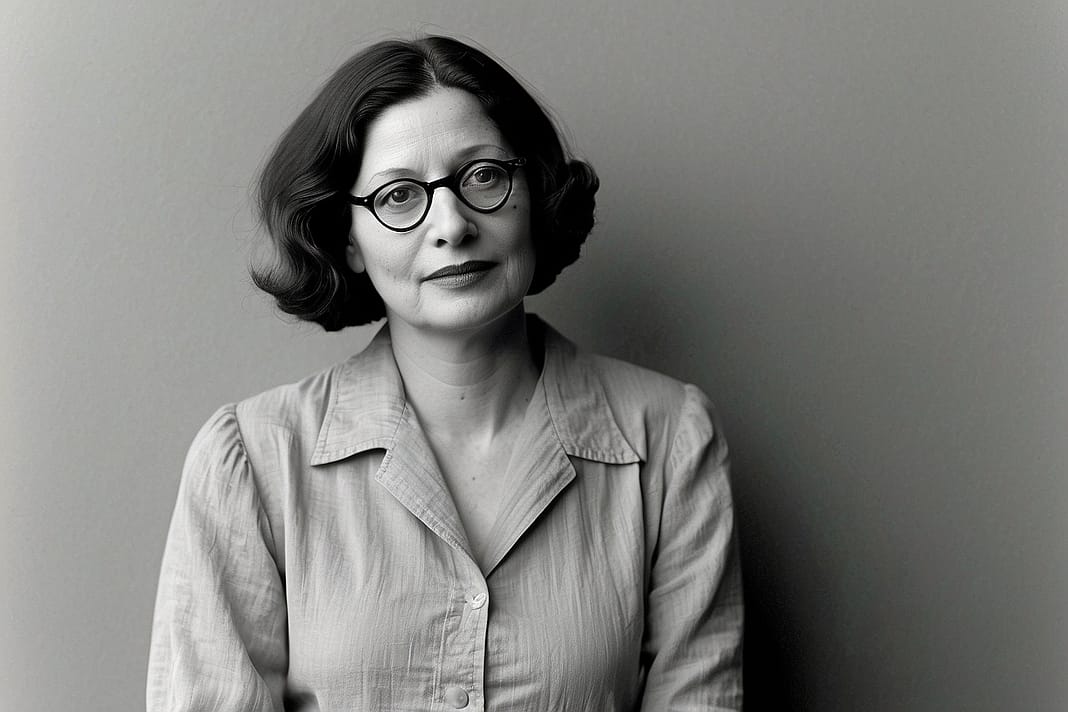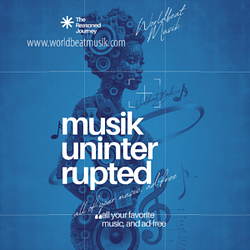Simone Weil’s Gravity and Grace is not a book you simply read—it is a work that works on you. Its pages are imbued with a spirit that does not merely ask for intellectual engagement, but for the kind of soul-searching that exposes one’s deepest assumptions about suffering, justice, and the mystery of divine love. This collection of fragmented reflections, pulled together from her notebooks after her death, is raw, urgent, and unrelenting in its demand that we confront the most difficult questions of human existence.
Weil writes like someone who has seen both the heavens and the abyss and dares to tell us about both. Her words are infused with the weight of personal suffering, yet there is a relentless pursuit of a grace that transcends the world’s gravity—both literally and figuratively. At the heart of the book lies the paradox that shapes her entire philosophy: we are caught in the pull of material necessity, but it is only through grace that we are set free.
Weil doesn’t let us avoid the hard truths. This is not a book that comforts, but one that stretches you, sometimes to the point of breaking. It requires that you look at suffering squarely in the face, without blinking, and understand that it is woven into the fabric of human life. In Gravity and Grace, suffering is not a momentary inconvenience—it is the crucible that strips us of ego and prepares us for grace.
As readers, we wonder—how can such a dark view of life be so suffused with hope? The answer lies in Weil’s own personal journey, in her radical experience of solidarity with those who suffer, and in her mystical understanding of God’s presence in the void. There’s a reason why questions about Weil’s conception of affliction (malheur) continue to trend—because in an age that seeks to minimize discomfort at all costs, Weil’s insistence that suffering can purify and transform us is both countercultural and unsettling.
Weil’s life was not theoretical. It was lived at the intersection of thought and action, of intellect and experience. She worked in factories to better understand the degradation of industrial labor; she marched with anarchists and supported revolutionary causes, only to later critique the power structures inherent in both capitalism and communism. Hers was not an abstract concern with justice—it was a lived commitment, one that demanded everything. And it is from this well of experience that she draws her understanding of affliction, an experience that not only crushes the body but also devastates the soul.
But Weil does not leave us there, in the pit of human despair. If there is gravity, there is also grace, and it is through grace that Weil finds the path forward. Grace, for Weil, is a divine intervention, something that cannot be earned but only received. It is not human achievement but divine gift—a gift that lifts us from the depths of suffering into the light of something transcendent. And this is where Weil’s mysticism shines most brightly. She asks us to let go, to empty ourselves of ego, desire, and even the will to change our circumstances. It is only when we experience the void—when we face the full weight of our nothingness—that we become open to the possibility of grace.

In today’s world, where the self is constantly upheld as the ultimate project, Weil’s concept of decreation—the unmaking of the self to make room for God—is almost offensive. The very notion that we should seek to empty ourselves of our ego, our ambitions, and our self-interest flies in the face of our culture’s obsession with self-actualization and success. Yet, as Google searches for decreation suggest, there is something deeply compelling about Weil’s vision. She sees the self not as a thing to be glorified but as something to be surrendered.
Her relationship with God is complex and beautifully haunting. In Gravity and Grace, God is both infinitely distant and intimately close. Weil describes the divine not as a force that intervenes in the world’s brokenness but as a presence that reveals itself through the void. God’s absence, she suggests, is as significant as God’s presence. It is in this hiddenness, in this absence, that grace becomes possible. The void is not something to be feared but embraced—a space where we encounter the divine by being emptied of ourselves.
It’s easy to compare Weil’s vision of suffering and grace to the Christian mystics—Meister Eckhart, St. John of the Cross, and even the Buddhist concept of sunyata (emptiness). Her spiritual reflections resonate deeply with these traditions, but what makes Weil’s work so urgent, so visceral, is the way she marries this mystical vision with a fierce commitment to justice. She calls us to love the afflicted not from a position of power or pity, but from a place of deep attention and humility. Weil writes, “Attention is the rarest and purest form of generosity.” It is through attention that we become capable of love, and through love that we make space for the grace that transforms.
For those who seek a philosophy that answers life’s most pressing questions without offering easy resolutions, Gravity and Grace stands as a beacon. Its fragmented nature is part of its strength—it refuses to tie up the loose ends of existence into a neat package. Instead, Weil invites us into the mess of life, into the suffering, the contradictions, the longing, and the silence. She dares us to confront the reality of affliction and then to open ourselves to the grace that, inexplicably, waits for us there.
In this way, Weil’s work speaks directly to the heart of those seeking not just answers but transformation. She reminds us that suffering is not the end but the threshold to something greater. And in a world still grappling with the meaning of suffering, the nature of grace, and the hunger for justice, Simone Weil’s Gravity and Grace remains as relevant, as unsettling, and as vital as ever.
Discover more from The Reasoned Journey
Subscribe to get the latest posts sent to your email.


